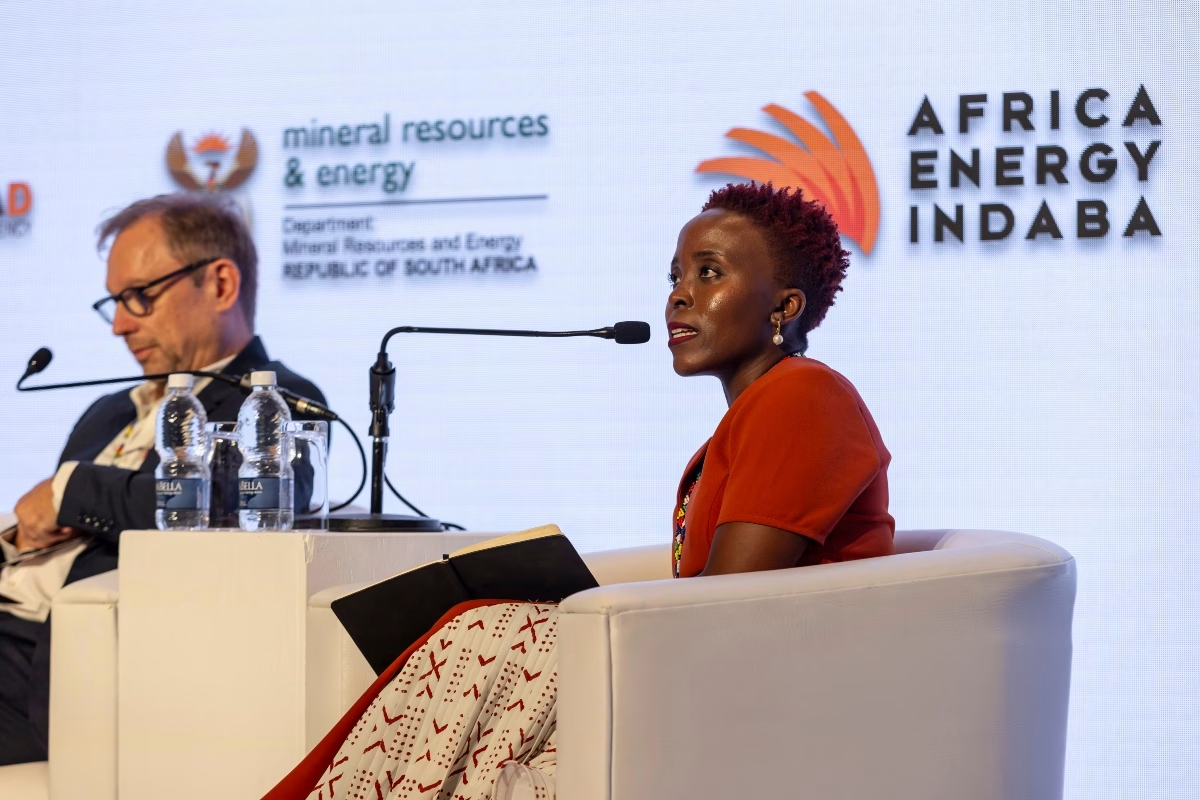Policy background
In a move that reflects the complexities of governing through a coalition, South Africa has officially scrapped its proposed increase in the value-added tax (VAT). Initially planned to rise from 15% to 15.5%, the VAT hike aimed to fill a $4 billion revenue gap. But as political opposition swelled and public concern grew, the plan was shelved.
Political fallout
The tax proposal, unveiled in February 2025 by Finance Minister Enoch Godongwana, was intended to stabilize South Africa’s fiscal position. However, the Democratic Alliance (DA), a critical partner in the country’s new unity government, raised alarms about the tax’s disproportionate burden on low-income households. According to AP News, over 20 million South Africans rely on welfare grants—a sharp reminder of the need for policies that protect the vulnerable.
Budgetary implications
The DA took the issue to court and won public favor with its stance. As tensions mounted, Godongwana reversed course, emphasizing the importance of coalition consensus. The Treasury now faces a tough balancing act: revising the budget without deepening debt or cutting essential services.
Economic outlook
South Africa’s economic landscape remains fragile. Unemployment hovers above 32%, and inflation has eroded consumer buying power. While removing the VAT hike may offer temporary relief to households, it leaves a sizable gap in the budget, requiring new sources of revenue or spending cuts.











